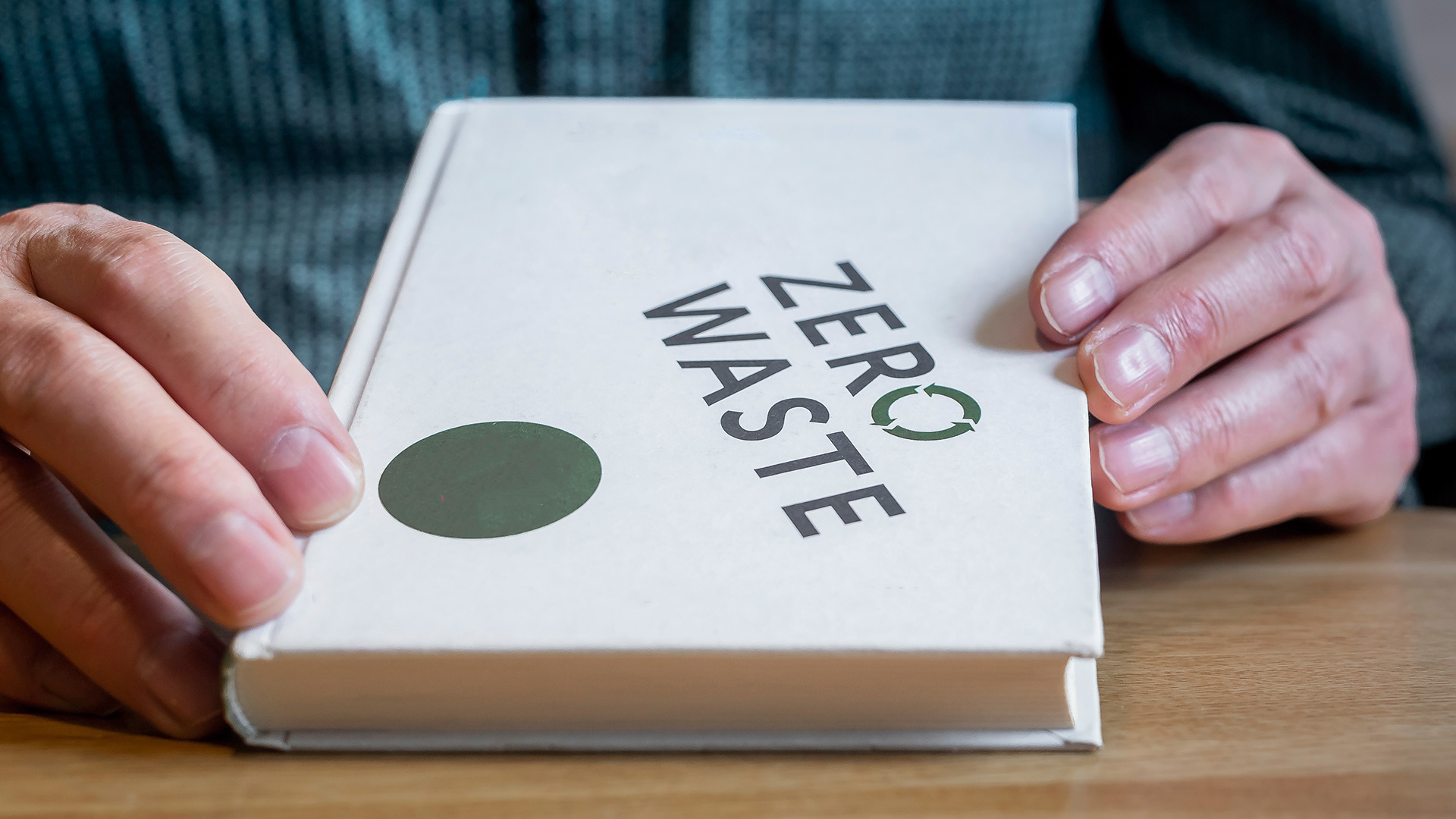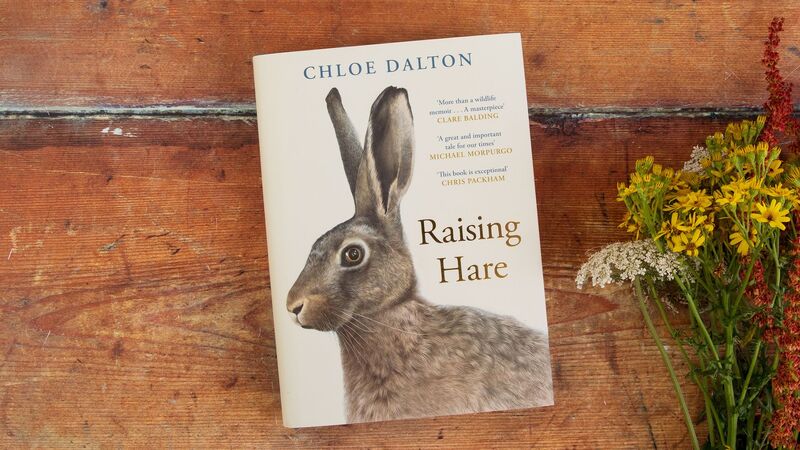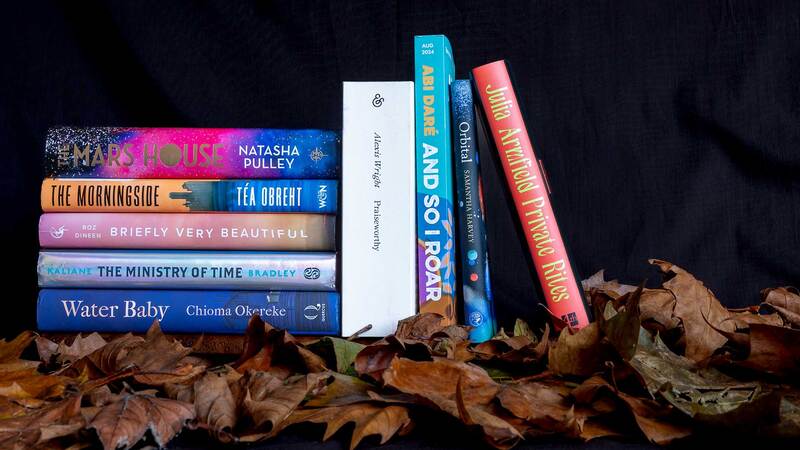You are viewing your 1 free article this month. Login to read more articles.
It'll never work, they said...
Why small publishers are breaking the rules for the better.
When I started Scorpius Books, I wanted to create a company that tackled the somewhat antiquated way in which the publishing industry works — because sometimes, we need to break the rules, to remind ourselves what’s possible.
Having worked as an editor for over 14 years for both publishers and authors, as well as being a published author myself, I’d seen enough of the industry from both sides of the fence to know that many things in the publishing world were done the way they were simply because "that’s how it’s always been done"... despite so many other choices being available (I could genuinely rant about these all day but I’ll restrain myself).
Having seen small publishers such as Snowbooks and Valley Press have success with doing things their own way, I considered this "let’s do things differently" approach as our own company plan took shape.
One of the things I wanted to tackle was the lack of any solid movement to reduce wastage in publishing. The industry destroys enough books every year to fill the British Library and the Library of Congress twice over – books that are simply unsold. It’s cheaper for the books to be destroyed than to put them back into circulation.
Scorpius Books wasn’t going to be part of that problem. Instead, we decided to use print-on-demand technology and create our very own Book Rescue, whereby our unsold or returned books are sold on at a discount, even if they’re not in perfect condition, giving them a second chance to be read.
It’s great to see other small publishers such as Nosy Crow having strong environmental policies and being conscious of their impact on the planet, so we devised a strong environmental policy of our own, seeking out UK printers who could show us our carbon footprint for every book produced, and who had won awards for their green approach.
It’s a shame that the industry is so mired in convention, and we hope that small publishers like us can at least continue to make a small contribution to remedy that
In fact all our suppliers, from our printers to our postal boxes and wraps, are chosen based on their recycled or plastic-free materials and low toxicity inks. We’ve partnered with some amazing small businesses along the way. We even joined Ecologi, the social enterprise that helps create forests and jobs across the globe in order to offset carbon emissions.
We’ve also found ways to innovate and shorten the creation process while maintaining a high emphasis on quality, bringing our titles to the shelves much faster. Bloodhound Books has been a great lead on this approach in bringing its e-books to readers much faster than industry standards, proving that this can work. We created a collection of paperback-sized hardbacks (why are they so darn big? They’re certainly not made with commuters in mind!), have an email-only submissions policy (so no wastage!) and have created an open contract for our authors, making them partners in the book making process.
Our other little baby is our line of dyslexic-friendly titles for adults. My husband is dyslexic, yet despite being a huge book lover, our shelves are filled with the military fiction he struggles to read due to the layout and size of the text. So I decided to look into dyslexic-friendly fiction... except I simply couldn’t find anything. There were plenty out there for children (high-five Barrington Stoke!), but there seemed to be nothing for dyslexic adults. I came across the odd Harry Potter edition in dyslexic format, but anything else was either produced at a very low standard or was aimed at such a young audience it was embarrassing — why couldn’t someone with dyslexia have access to the same fiction as everyone else?
I had lengthy conversations with dyslexia associations, individuals and booksellers, including Books on the Hill, which has been on the lookout for dyslexic-friendly fiction for ages. I thought I must be missing a huge part of the puzzle and that it would dawn on me that it couldn’t be that simple. I’m still waiting! The publishing industry just doesn’t seem to want to know.
So we factored in a dyslexia format; creme paper to reduce glare, a sans serif font which is easier to read, and increased line and letter spacing to prevent distortion. These font choices also extended to our covers and blurbs, and we chose a larger trim size to allow for improved spacing on the page. The titles went through an editing process that ensured the language was sufficient to maintain the story, while being easier to read.
The feedback we’ve received so far from booksellers has been amazing, even during these tough times when smaller retailers are reluctant to take on new stocks. They’ve all been really positive and I am truly grateful to all those who took a chance to support a tiny new publisher that needed that one shot to prove itself. It’s also great to see Both Press (a venture by Books on the Hill) now creating its own dyslexic-friendly fiction, helping to increase exposure and awareness.
It’s a shame that the industry is so mired in convention, and we hope that small publishers like us can at least continue to make a small contribution to remedy that. Great fiction should be available to everyone — which is why we should all pay attention to indie authors and publishers willing to dip their toe into the water, take a chance... and break the rules for everyone’s benefit.





















